
Hegemony or Survival
America's Quest for Global Dominance (The American Empire Project)
Used by arrangement with Metropolitan Books, an imprint of Henry Holt & Company
ISBN: 9780805074000
Pages: 288
Read or listen offline
Recommendation
Most commentators view globalization almost exclusively from an economic perspective. However, controversial iconoclast Noam Chomsky, a well-known left-wing (some would say far left) academic, famed also as an innovator in linguistics, discusses globalization’s political impact as the modern driver of U.S. foreign policy. Political economics is a sensitive topic, but Chomsky doesn’t hold back as he argues that U.S. foreign policy has been imperialist since World War I. He contends that in the invasion of Iraq, and earlier forays elsewhere, the U.S. disregarded the U.N. as well as public opinion at home and abroad. Chomsky makes important, though contentious, points, but he would have a wider audience if he developed a more comprehensible writing style, avoided torturously long sentences, and provided more background on some events he covers, particularly America’s more esoteric political and military interventions. He is provocative, subjective and deeply negative about the U.S. (even referring to it as a “terrorist state”) and its allies. getAbstract finds this book may intrigue those who want to know about political thinking at all ends of the spectrum.
Summary
About the Author
Noam Chomsky is the author of numerous bestsellers from American Power and the New Mandarins in the 1960s to 9-11 in 2001. A professor of linguistics and philosophy at MIT, he is widely credited with having revolutionized modern linguistics.









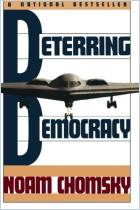

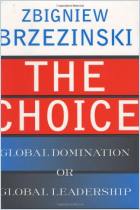
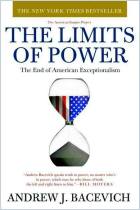
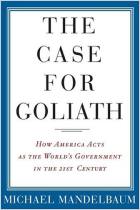
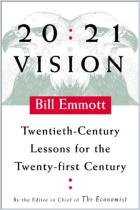
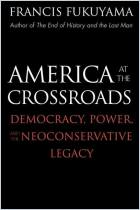


Comment on this summary or Iniciar a Discussão